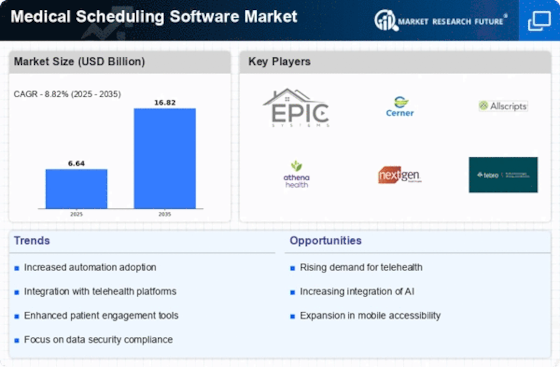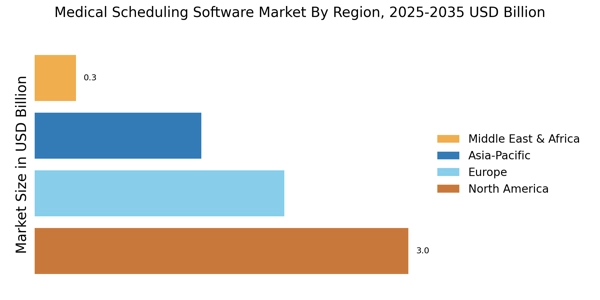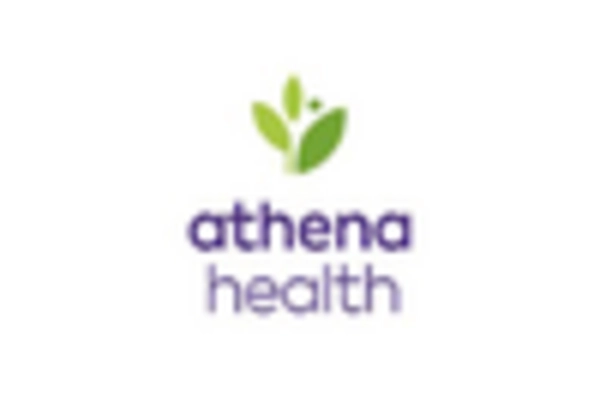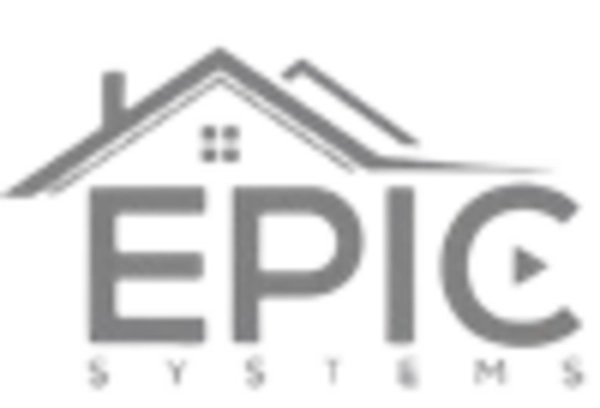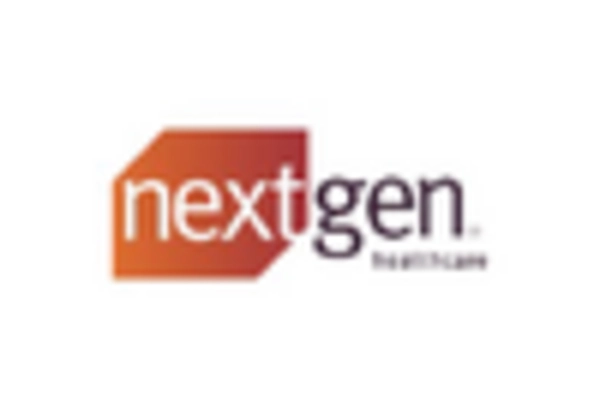Q2 2024: NextGen Healthcare Launches NextGen Mobile Scheduler, a medical appointment scheduling software, to Streamline Medical Appointment Management NextGen Healthcare announced the launch of its new NextGen Mobile Scheduler, a cloud-based solution designed to help medical practices manage appointments and reduce administrative burden. The product aims to improve patient access and provider efficiency.
Q2 2024: Zocdoc Appoints New Chief Technology Officer to Accelerate Product Innovation Zocdoc announced the appointment of a new Chief Technology Officer, aiming to drive the next phase of product development and innovation in its medical scheduling programs.
Q3 2024: CureMD Partners with Walgreens to Integrate Medical Scheduling for In-Store Clinics CureMD announced a partnership with Walgreens to provide integrated clinical scheduling software for Walgreens' in-store clinics, enabling patients to book appointments online through online medical scheduling software and streamline clinic operations via clinical scheduling software tools.
Q3 2024: SimplePractice Acquires Luminello to Expand Scheduling and Practice Management Capabilities SimplePractice, a provider of practice management software, announced the acquisition of Luminello, a mental health-focused scheduling platform, to broaden its offerings for behavioral health professionals.
Q4 2024: DrChrono Secures $30 Million Series C Funding to Enhance Medical Scheduling Platform DrChrono, a key among different medical scheduling programs and EHR provider, raised $30 million in Series C funding to accelerate development of its scheduling and telehealth solutions for healthcare providers.
Q4 2024: athenahealth Launches AI-Powered Scheduling Assistant for Healthcare Providers athenahealth introduced an AI-powered scheduling assistant designed to optimize appointment booking and reduce no-shows for medical practices using its cloud-based platform.
Q1 2025: AdvancedMD Announces Partnership with Teladoc Health to Integrate Virtual Visit Scheduling AdvancedMD announced a partnership with Teladoc Health to integrate virtual visit scheduling into its practice management software, enabling seamless telehealth appointment booking for providers and patients.
Q1 2025: Healthie Raises $16 Million Series B to Expand Scheduling and Patient Engagement Tools Healthie, a digital health platform, closed a $16 million Series B funding round to further develop its scheduling and patient engagement solutions for healthcare organizations via healthcare patient scheduling software systems.
Q2 2025: Epic Systems Rolls Out New Self-Scheduling Feature for MyChart Users Epic Systems launched a new self-scheduling feature within its MyChart patient portal, allowing patients to book, reschedule, and cancel appointments directly online via online medical scheduling software.
Q2 2025: Cerner Announces Strategic Partnership with Microsoft to Enhance Cloud-Based Scheduling Cerner announced a strategic partnership with Microsoft to enhance its cloud-based medical scheduling solutions, leveraging Azure to improve scalability and security for healthcare clients.
Q3 2025: PracticeSuite Launches Automated Waitlist Management for Medical Scheduling PracticeSuite introduced a new automated waitlist management feature to its medical scheduling software, aiming to help practices fill last-minute cancellations and optimize appointment utilization via healthcare appointment scheduling software.
Q3 2025: eClinicalWorks Opens New R&D Facility Focused on Scheduling and Patient Access Solutions eClinicalWorks announced the opening of a new research and development facility dedicated to advancing scheduling and patient access technologies for healthcare patient scheduling software systems.


